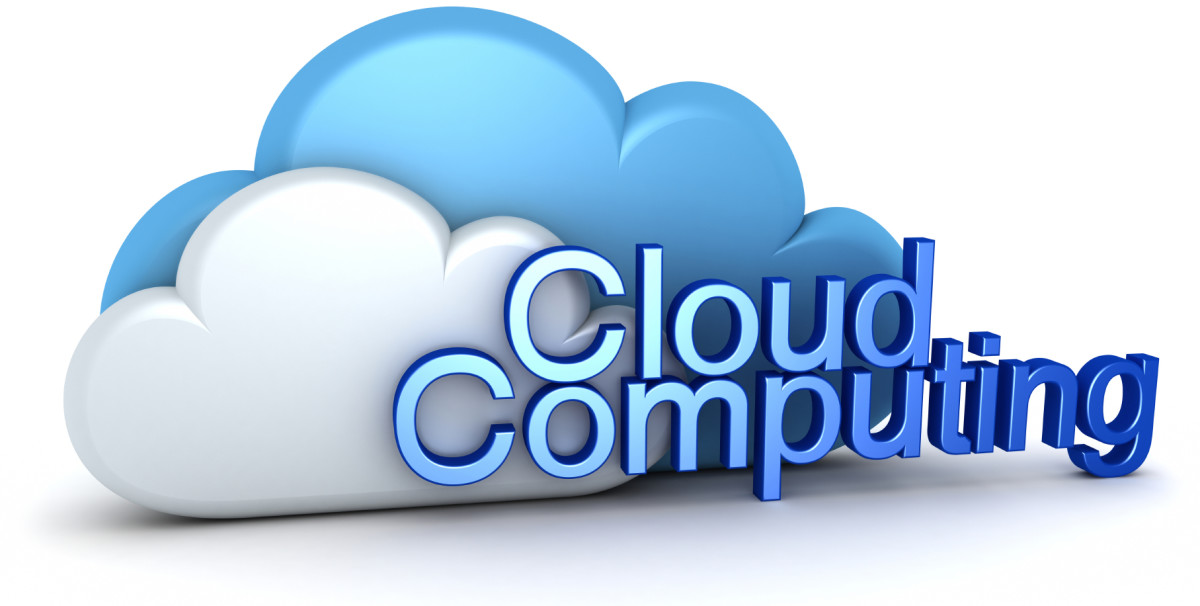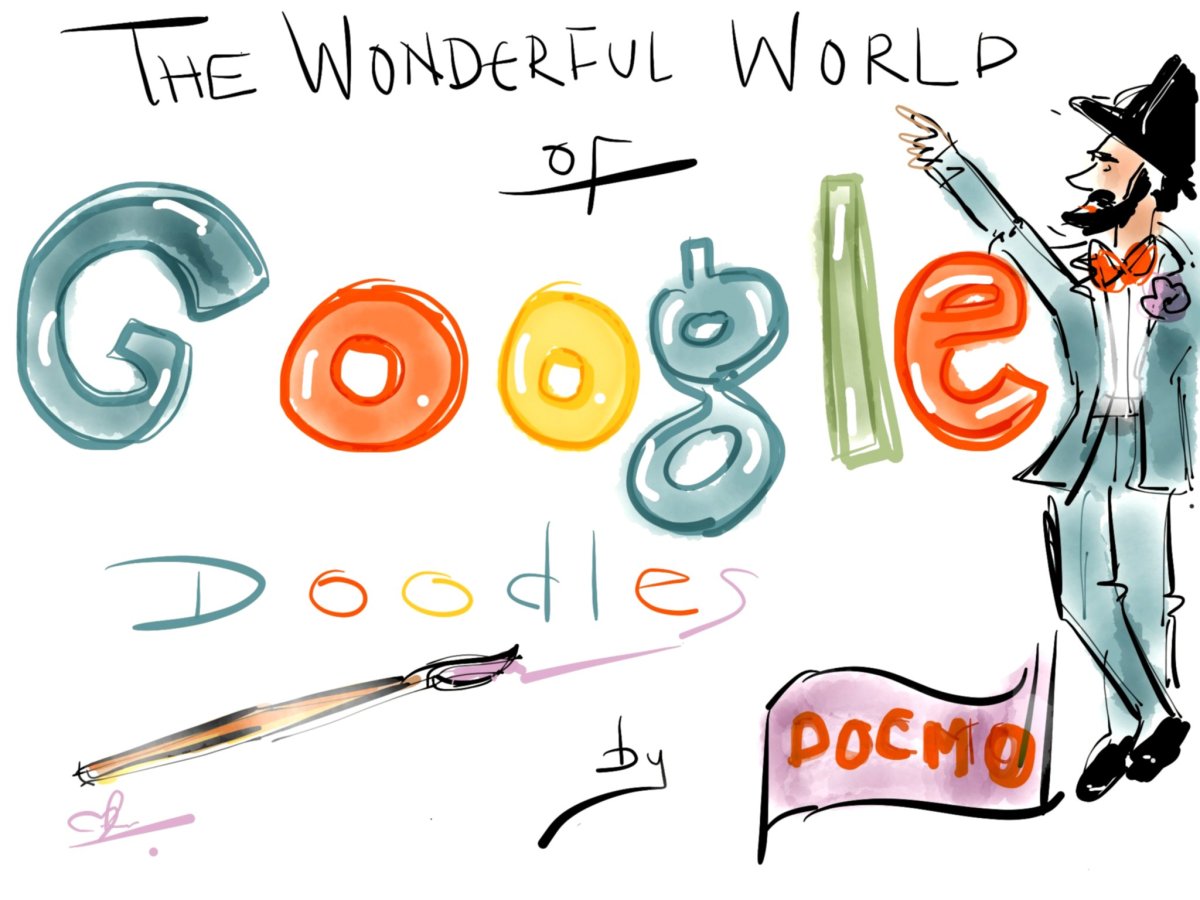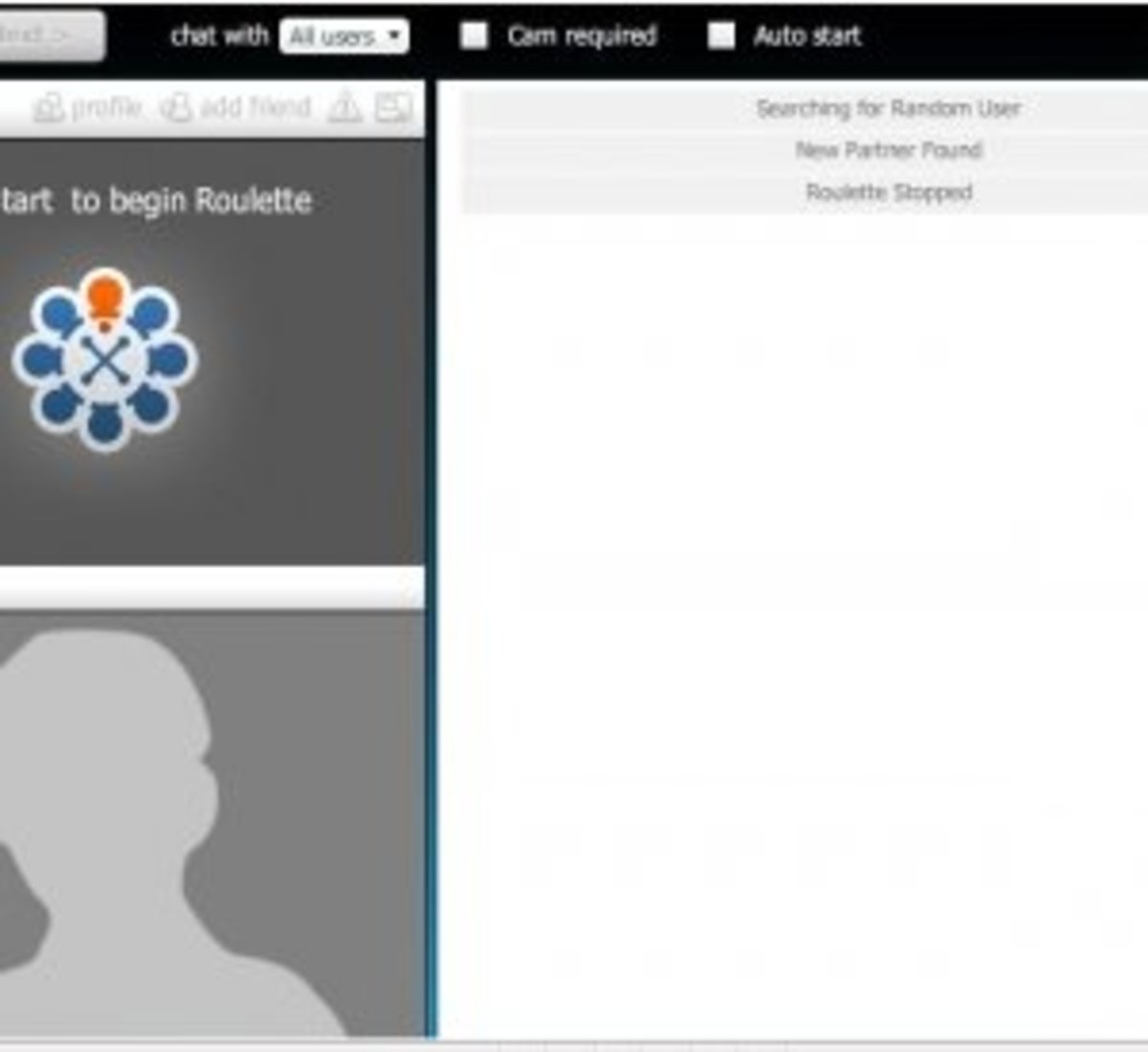How the Internet Improved People's Lives
Internet History
The Internet began in 1969 (then called the ARPANET). The use of the Internet was limited to academic and technical use between universities, communication organizations, and government agencies. In the late 1980s, the first commercial application of the Internet was electronic mail (e-mail); however, the Internet didn't get much exposure until August 6, 1991 when the World Wide Web was invented. The Internet didn't exceed its original academic and technical application until 1994-a year after the first version of the Mosaic web browser was released. By 1996, Internet usage has become common.
Internet Applications
Many applications were developed as a result of the Internet. Without applications, it would be difficult to see how the Internet has improved lives. These applications have helped improve lives:
- Web browser
- Electronic mail
- File sharing
- Collaboration
- Streaming media
- Internet telephony
Improvements to People's Lives
The applications invented as a result of the Internet have improved lives in the following areas:
- Access to information
- Person-to-person Communication
- Broadcasting
- Work environment
- Entertainment
- Advertisement
- Income generation
Access to Information
The web browser was probably the one most critical invention and thus the tipping point for the Internet. If you search for the term "Internet", you will see that it coincides with when the Internet usage took off-1994, a year after the Mosaic web browser was introduced. The use of the web browser gave the common user the ability to search for information unbounded by geography, whereas before, the ability of a person to find information was limited to their access to the nearest library, and the libraries' hard information holdings.
Person-to-person Communication
Prior to the invention of the Internet, communication was limited to the use of the telephone, telegram, Morse code, and various line-of-sight forms of communications (e.g. hand, flag, or smoke signals). Today, one can use their computer or cell phone to chat/text, talk, e-mail, or video conference with another person.
Broadcasting
Broadcasting was limited to huge corporations like ABC, NBC, HBO, and so on. Today, thanks to the likes of YouTube.com anyone with a computer, high-speed Internet access, and a web-cam can broadcast themselves to the world! Note that this has taken off in such a way that some people have become celebrities or famous!
Work Environment
Traditional workers drive to work. Today, many employers allow their employees to work from home. This is possible only through the power of the Internet and its applications: e-mail, remote access, remote control, web conference, video conference, and so on. Because of this, some employees are no longer limited by their geographical location; they can be employed by a company thousands of miles away--given people more job options.
Entertainment
People are no longer tied to their newspapers, magazines, TVs, and radios for entertainment. More and more people use their computers and cell phones to receive entertainment through online content and streaming media. These Internet sources can be received through computers at hotspots or through wireless Internet services-totally releasing the user from having to stay home to get entertainment. With powerful smart cell phones like iPhones, entertainment can be obtained anywhere provided there is cell coverage!
Advertisement
Since the rise of Google and Yahoo, advertisement by companies through the Internet has become possible. As a result even small business owners have access to the world market whereas before they were limited to newspaper, radio, and word-of-mouth which are geographically limited. Today, through Internet advertising even small businesses are able to sell to the world using e-commerce. And through eBay, even individuals have access the world market as buyers and sellers.
Income generation
Online advertisements and the potential income available through them have created a new breed of entrepreneurs. These people are able to generate income using various programs from Google (e.g. adsense) and other affiliate programs available from many companies with web presence (e.g. Amazon.com). In some cases, some people are able to generate residual income through the generation of online content (e.g. through Helium.com, eHow.com, Bukisa.com, etc.).
The company eBay gave rise to may personal e-commerce presence by people who would otherwise be at local flea markets. Some have built up eBay presence as full time jobs.
Without the Internet, these income possibilities would not have been available to individuals.
Conclusion
The advent of the Internet has definitely helped improved the lives of people through easier information access, better communication options, broadcasting options for those who cannot compete with big corporations, improved working environment and work possibilities, more entertainment options regardless of location, larger advertising audience, and alternate income sources. No other technology has ever had such major positive impact to peoples' lives.








